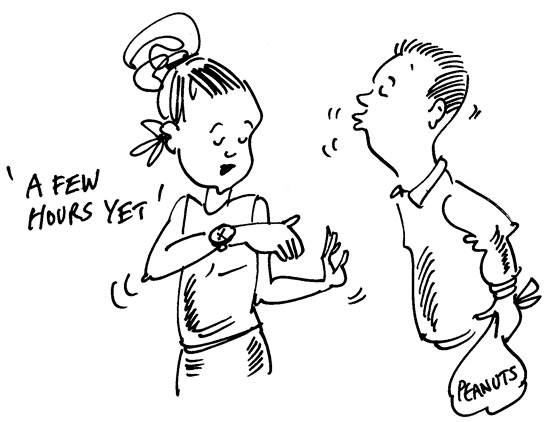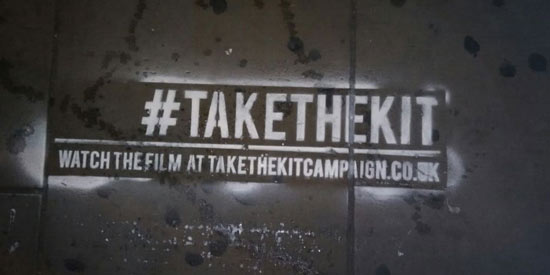|
|
That Valentine's day kiss.... |
Not so simple, or so romantic, if you have a food allergy.... Kate Lawrence looks at some of the research around allergic reactions that have been triggered by a kiss. |

With Valentine’s Day in our midst this week, and romance in the air, we should perhaps take a moment to remind ourselves that individuals with food allergies may need to take greater precautions than most when kissing. People with food allergies might encounter problems from kissing an individual who has ingested a food to which they are allergic (Kim & Sicherer, 2011). Consuming a food is the most common trigger of allergic reactions. However, individuals who are highly sensitive to their allergens, and react to skin contact or inhalation, may be at risk for developing allergic reactions from kissing. One research article reports evidence of severe allergic reactions, brought on by kissing, in five children with severe anaphylactic food allergies (Atanasković-Marković et al., 2010). Another survey of patients with food allergy found that 12% report having experienced allergic symptoms from close contact (such as kissing) with an individual who has previously eaten a non-tolerated food (Erikkson et al., 2003). Because of this, it is advised that caution should be taken by individuals with food allergies when kissing, if their partner has recently ingested any of their allergens. It is also advised that people with severe food allergies should make sure that they inform their partners of the risk. Looking specifically at peanut allergy, it has been found that (other than total avoidance of peanuts) time after ingestion was the best way to minimise risk to a partner with allergies. Simply waiting, for a number of hours, after eating a peanut containing meal was more effective than immediate steps (such as teeth brushing) in reducing peanut protein in saliva (Maloney et al., 2006). Other studies also question the effectiveness of teeth brushing, reporting that reactions can occur even if the partner has brushed their teeth after consuming the food (Hallett et al., 2002). Therefore, the best way to ensure safe kissing may be to ensure sufficient time is left between the partner eating the food and kissing. Young people of dating age, in particular, should be educated regarding the potential risks of allergen exposure through kissing. I hope that everyone had a wonderful Valentine’s Day and that food played a positive role in your day. As if there isn’t enough to contend with: thinking about cooking and preparing food, finding a safe restaurant and ordering an allergen-free meal… we also need to think about kissing too! Ed: Kate is not alone in worrying about food allergic teenagers on a date. 
For more advice to how to handle a peanut allergy see here and for more many more articles and research reports, see here. For more advice on how to handle a cow's milk allergy, see here and for more many more articles and research reports o cow's milk allergy, cow's milk intolerance and lactose intolerance, see here. February 2017 For more articles on the management and treatment of food allergy and intolerance |












